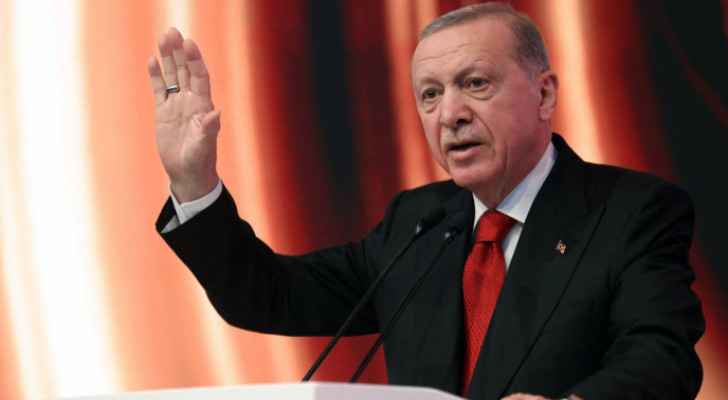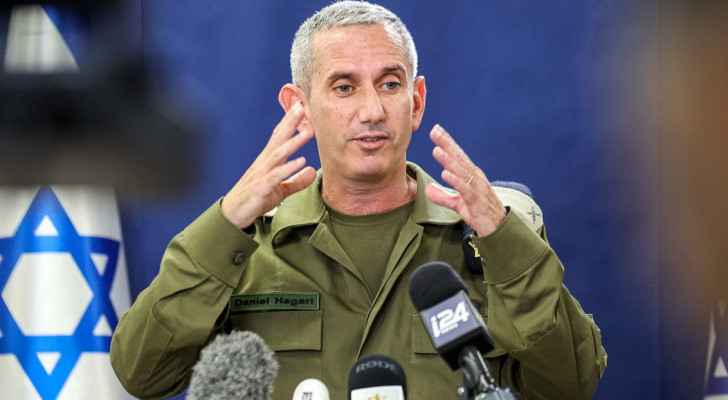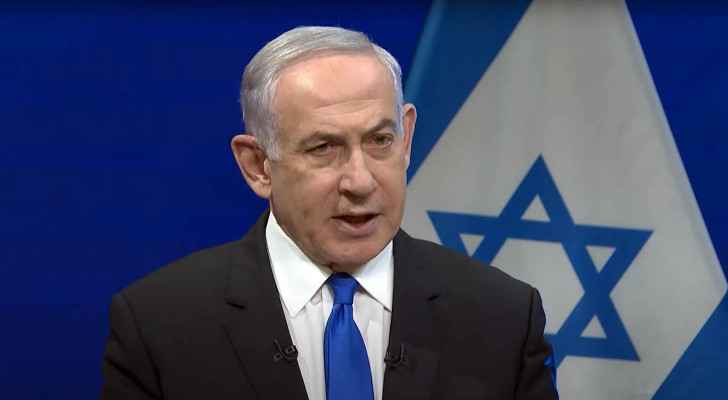Russia has given Israel what the US could not - By Ali Al-Amin, Janoubia
The upcoming US-Russia summit on July 12 in Helsinki is an important step towards shaping relations between the two countries regarding the Russia-Ukraine crisis and regarding US-Russia relations following accusations that Russia interfered in the US elections.
Among other issues up for discussion would be the Syrian crisis, which is undergoing important developments, particularly amidst the Syrian regime, its Russian allies and Iranian militias’ offensive to regain control of the opposition’s areas of influence in southern Syria.
This new development can be tackled in the context of the Israeli-Russian understanding that continues to establish foundations for Israeli security on the Golan border and that guarantees that Iran and its militias stay 40 km away from these borders.
Meanwhile, Israel has accepted the deployment of the Syrian army under the terms of disengagement following the 1973 war, which oblige Syrian forces to deploy according to conditions that specify the number of forces and the kind of weapons they use.
This time, Russia provided the guarantees which pushed Israel to allow launching the military campaign against the Syrian opposition. Meanwhile, Washington lifted the cover off the armed opposition in these areas when it told them in a message that it would not intervene in their defense if any attack from the Syrian regime and its allies took place.
Israeli security guides agenda
This Syrian path paves ways to understand the nature of the American position as it evolves during the summit between US President Donald Trump and Russian President Vladimir Putin. The US-Russian umbrella in Syria is not just in place; it is in fact the only constant in the Syrian equation today. The strategic ceiling regarding developments in the battle in southern Syria confirms that Israeli security is the standard when devising the equation in this region.
To this day, Russia has been successful in convincing Iran and its militias to adhere to the requirements of Israeli security, which has led Tel Aviv to convince Washington of the importance of redrawing the military equation in southern Syria, despite the Iranian role which both Israel and Russia have ensured it will stick to the rules of the Israeli-inked game.
We can’t understand the reason for the US position in southern Syria and why it has lifted the cover off the armed opposition forces that it has always supported, unless we go through the intriguing offer made by Russia on behalf of Tehran displaying Iran’s commitment to Israeli conditions which opposition forces could not accept or did not want to comply to.
Many believe that this intriguing offer didn’t just promise commitment to the military and security conditions imposed by Israel on the Syrian army but have also promised not to breach the requirements of annexing Golan to the Hebrew state with Russian guarantees.
US leaves Syrian rebels in the lurch
Another point which confirms the fact that the Syrian regime and its allies have given guarantees to Israel is the magnitude of the US cover to the ongoing military operation against the opposition and the Israeli satisfaction towards this operation although it goes against the agreement of the de-escalation zones in southern Syria and which was approved by the American and Russian presidents and which Israel and Jordan contributed to solidifying.
Developments in southern Syria thus serve Israeli interests while the Syrians pay the price by ending the Syrian revolution that erupted from Daraa. This is in addition to the Syrians’ displacement due to Russian aerial bombardment of cities and towns. The number of the displaced now stands at over 200,000. Jordan has refused to receive them because it cannot host any more refugees, but the most important point is that Israel which gave the green light to launch this military operation, has issued subsequent statements on how it was helping the displaced Syrians who sought shelter close to the border of the Golan. It has also confirmed that its hospitals were giving medical assistance to those civilians injured by the bombings in more than one area in the south. Israeli media has started talking confidently on how the refugees have changed their mind about Israel after the help it provided to them.
In the strategic endgame, and amid the insistence on breaking the will for political change in Syria by providing all the military conditions to eliminate the opposition factions particularly on the Jordanian and Israeli borders and securing the conditions of the regime forces’ control over southern areas, one can expect a less hostile attitude towards Israel. The regime has enough experience to prevent any military action against Israel from Syrian territory, and the Syrian society in these areas now finds in Israel a less hostile enemy when its aggression is compared with the aggression of the regime and its Russian and Iranian allies.
Gift of Axis of Resistance to Israel
Israel wouldn’t have been able to attain this precious gift from the so-called Axis of the Resistance if it hadn’t been for the bloody regime and its genocidal behavior toward the Syrian people and its displacement of hundreds of thousands. Iran and its militias’ involvement via a sectarian approach has also made the Syrian people feel that their number one enemy is not Israel which occupies Golan but the party that’s taking their lives and properties.
In Helsinki, the US and Russian presidents will be present and so will Israel since it has played an active role in promoting Russian measures in Syria. The Russian president, who is aware that in just a few years he has provided to Israel what Washington hasn’t provided in decades in terms of strategic protection and safe channels towards the Syrian people, along with the ability to adapt the Iranian policy in the Lebanese and Syrian fields in order to ensure Israeli security for years to come, is expecting in return an Israeli reward from Washington’s vaults. The Russian-Israeli relationship has not witnessed cooperation to the extent seen in recent years. No Israeli official has expressed any concern over the Russian role in Syria and all factors point to the fact that Russia has become a highly respected state by the Israeli government.
This respect and relationship are now in competition with the close relationship of Tel Aviv and Washington. Putin expects that his friend, Israeli Prime Minister Benjamin Netanyahu plays a vital role in softening the position of Trump on issues related to ending or decreasing sanctions against Russia, as well as softening the US intervention in the vital Russian sphere.
Latest News
 Safadi discusses war on Gaza with French, German delegations
Safadi discusses war on Gaza with French, German delegations Erdogan arrives in Baghdad for first official visit since 2011
Erdogan arrives in Baghdad for first official visit since 2011 “Israeli” army says it approved plans for “continuation of war in Gaza”
“Israeli” army says it approved plans for “continuation of war in Gaza” Netanyahu vows to increase military pressure on Hamas
Netanyahu vows to increase military pressure on Hamas Trump postpones first rally since trial began, due to bad weather
Trump postpones first rally since trial began, due to bad weather
Most Read Articles
- Turkey’s Erdogan in rare Iraq visit to discuss water, oil, security
- Safadi discusses war on Gaza with French, German delegations
- King from Madaba: Jordan has always proven its ability to move forward with persistence of Jordanians
- Prosecution lays out ‘criminal conspiracy’ in historic Trump trial
- Jordan sends 51-truck aid convoy to Gaza
- German envoy for Middle East hails Jordan’s role in Gaza aid
- FAO organises workshop on ecosystem-based water solutions
- Japan hands over ultrasound equipment to the JNRCS
- Jordan applauds Azerbaijan-Armenia border agreement
- US Supreme Court weighs ban on homeless people sleeping outside